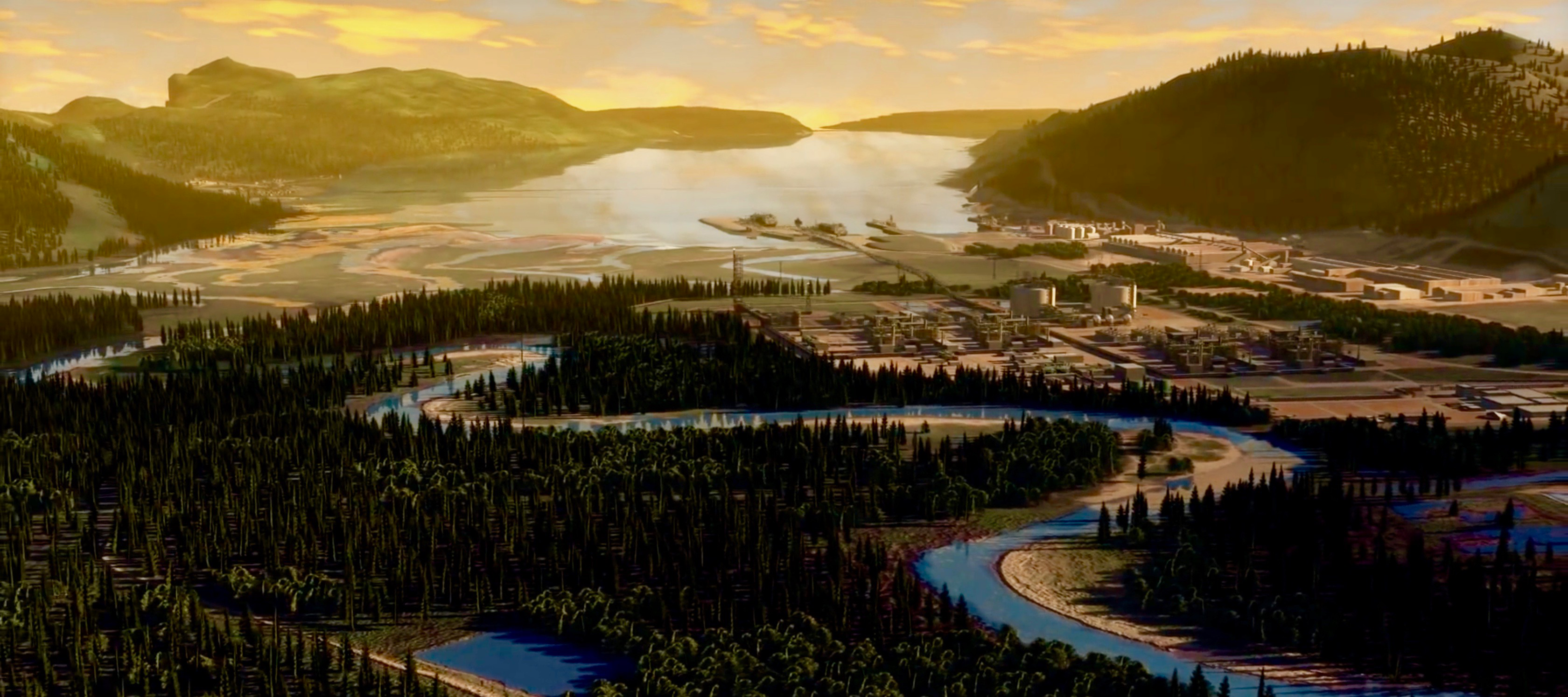 On December 13th 2018, Canada 2020 hosted Anatomy of a Deal, a conversation about the recent $40 Billion LNG Canada investment – the single-largest private sector investment in Canadian history. This half day conference held in Ottawa brought together an All Star cast of presenters dealing with how this project came to fruition, and the nature of compromises and consultations needed to achieve success.
On December 13th 2018, Canada 2020 hosted Anatomy of a Deal, a conversation about the recent $40 Billion LNG Canada investment – the single-largest private sector investment in Canadian history. This half day conference held in Ottawa brought together an All Star cast of presenters dealing with how this project came to fruition, and the nature of compromises and consultations needed to achieve success.
Those involved with all aspects of this project demonstrated what can be accomplished if consultations with Indigenous nations are carried out respectfully, and when governments are willing to compromise and work with private industry to achieve a goal which provides training and employment opportunities as well foreign investment in Canada.
Given the current climate in Canada where large projects seem either stalled or impossible to pursue, the example set by LNG Canada demonstrates that success can be obtained by “collaborative consent” with affected Indigenous people, implementing and giving meaning to the phrase “nothing about us without us” and “building relationships before the project is built.”
The LNG Canada project, as presented at the Canada 2020 Conference, should be seen as a model or ‘poster child’ for planning and implementation of future major projects in Canada.
Federal Government’s Role – Finance Minister Bill Morneau
As the first speaker of the day, Finance Minister Bill Morneau presented an overview of the role of the federal government and the resolution of issues leading to the success of the project. If large projects which create numerous jobs are going to be completed in Canada, the proponents need to get those affected, particularly First Nations, onside. He made the point that in order to get this done, Canada did not lower its standards, and the result will be the cleanest LNG plant in the world; low GHG emissions, helping to get Asian countries off coal and a significant positive effect on the Canadian economy and job creation.
He addressed the challenging situation Canada finds itself in regarding China. He noted that Canada has a broad based relationship with China and we must not forget that there are mutual opportunities and advantages in dealing with China. He stressed that there is an opening now with China as it is embroiled in a trade dispute with the U.S. In order to get through this, it is important to continue to advance the case of economic advantages with China and the significant people to people opportunities this relationship presents.
Minister Morneau put forward the case that foreign direct investment is now trending up, arguing that the recent fall economic statement will help in this regard. Resources were dedicated to improve Canada’s trading relations. The regulatory environment will be reviewed and improved and the accelerated write down of capital investments is now competitive with the U.S. and should provide a 5% advantage for investments in Canada over the U.S.
This should help Canada attract investment and address economic uncertainty. Finally, dealing with Bill C-69, which establishes a new environmental review process for large projects, Morneau said it may be modified but will ultimately provide greater project certainty.
The Project – Andy Calitz, CFO of LNG Canada
He set out the road map followed by LNG Canada in order to get to ‘yes.’ This is a B.C. project with significant First Nation involvement. He stressed the 15,000 consultation engagements with First Nations and the fact that 25 First Nations, with a population of 25,000, have a share and a say in this project.
The partners in this project are Shell, Petronas, PetroChina, Mitsubishi Corp and KoGas, as this project solves energy issues in their respective countries. He referred to the project as a game changer, and for the first time, Canadian gas will flow to Japan and the Far East.
Regarding First Nations, Mr. Calitz said that it was important to provide an ownership share and, having done that, benefits will flow back to 25 First Nations located along the pipeline route.
Success came with building relationships with the B.C. government, Federal government, Haisla Nation, First Nations along the pipeline route and the building trades.
Construction issues included beating the competition with lowest prices, so the project had to be competitive on taxes and financing. Disadvantages for Canada include 50% higher construction costs and pipeline construction, but the advantages are the low cost of gas and being close to markets.
LNG Canada will provide skills training for Indigenous people and the involvement of 25 First Nations helps address reconciliation. Larry Villeneueve, Aboriginal Liaison with Local 92 of LiUNA, addressed the involvement of this union which has four training sites in western Canada, which will provide a skilled Indigenous workforce for this project.
Canada through this project will help improve air quality in Asia and replace 60-90 million tonnes of CO2 in China.
Indigenous Relations – Crystal Smith, Chief Councillor of the Haisla Nation, and Phil Fontaine, former National Chief of the Assembly of First Nations, now Co-Chair of Indigenous Affairs Committee at LiUNA
The LNG plant is to be constructed on Haisla territory. Councillor Smith noted that the most important initiative from LNG Canada is that it “built the relationship before the project.” Relationships were built with the community and she said “it’s inspiring to see.” Focus was also on long term employment for the Haisla people. The 25 First Nations involved did their due diligence as “our land is our culture”, and support the project.
The project will provide a different life for the Haisla people and provide “hope as never before.” This is a community which has suffered from the impact of residential schools, and suicide is prevalent.
This project was described as transformational as it provides job programming and training for Indigenous people. One of her most powerful statements was that the project is transformational, providing reconciliation and healing from past injustices.
Next steps involve training of apprentices, investing in training institutes, and building infrastructure projects and housing as “we now have the tools to do this.” She said the Haisla Nation can bring its people home “to rebuild community and culture.”
Phil Fontaine’s comments were more broadly based. He spoke about the importance of First Nations making decisions for themselves and without UNDRIP (United Nations Declaration on the Rights of Indigenous Peoples) being part of the law of Canada, this project would not have proceeded. UNDRIP was described by Fontaine as a framework for reconciliation. He went on to say that we have to fix old relationships before moving to new relationships. It has to be “nothing about us, without us.”
Fontaine made it clear that constitutionally mandated consultation is a floor, not a ceiling, and Indigenous governments should be working together with other orders of government. Cooperative federalism requires Indigenous governments at the table. There has to be partnerships at the government and project level. Negotiating is not a zero sum game as decisions must be made together with no one losing. It is not impossible to achieve ‘collaborative consent.’
Fontaine noted that First Nations have never been at the table, and Canada missed an opportunity with Canada 150 to have included Indigenous governments as a Third Order of Government. He pointed to the fact that collaborative consent could, for example, result in a national water policy. With collaborative consent, there could be strong participation from Indigenous people involving the growth of Canada. Because of the history of abuse, trust isn’t there as of yet, but it very well could be, if collaborative consent was implemented.
Compromises – B.C.’s Deputy Minister of Energy, Mines and Petroleum Resources, Dave Nikolejsin
Mr. Nikolejsin’s presentation built on the theme of collaboration and cooperation set out by Councillor Smith and former National Chief Fontaine. As one can imagine, there would be no straight line to approval. However, the Deputy Minister provided an interesting outline of the compromises made which led to approval.
In its early stages, the project had a competitiveness problem with LNG supplied from the Gulf of Mexico. As was explained by LNG Canada’s Andy Calitz, the advantages possessed by LNG Canada were the cost of gas and the short shipping time from B.C. to Asian markets. The disadvantages came with the cost of having to build a pipeline, and the expense of construction in Canada as all locations were greenfield sites.
The next question asked whether working with governments could reduce certain costs. The LNG Project had to fit within the B.C. climate plan and contribute to reconciliation. Additionally, benefits to B.C. had to be maximized, with job creation and investment. It was important to help the world move from coal to gas and it also mattered where that gas came from. If the project does not succeed, those markets will be supplied with gas coming from places with no environmental regulations.
In order to make the project work financially, B.C. cancelled its LNG income tax. Electricity was supplied to the site with normal rates, and the carbon tax would be paid by LNG Canada, but it would not rise as long as this project was the cleanest in the world. There was also some relief from sales tax on construction costs.
Deputy Minister Nikolejsin concluded by saying that B.C. gave $6 billion in benefits, but will receive $23 billion over the next 40 years. This is an excellent example of what can be done when First Nations and governments at all levels work closely together.
LNG Markets – Robert Johnston, CEO of Eurasia Group
Now that we have moved through to approval, Johnston described where the markets for Canadian LNG could be found. His initial point was that Asia actually consists of three distinct markets; North East Asia, China, as well as India and South East Asia. China is the biggest consumer of U.S. LNG, but the U.S. is running into difficulty with trade issues with China, sanctions against Russia and Iran and with uncertainty provided by its tariffs.
China represents a very different market than South East Asia and India. Having a domestic supply of gas, but because of increasing demand, must import, however will not import more than 20% of its needs from any one supplier. China is the world’s largest importer of LNG.
South East Asia is supplied by Australia and Myanmar and these countries will compete with Canada. China supplies coal for electricity to this area. India is a huge market but there are few regulations and little infrastructure. Policies are not sufficiently strong to encourage switching from coal to gas. South East Asia is lagging behind regarding renewables.
In India, coal will stay in place as the dominant fuel. Gas could be part of a solution for India. There are opportunities for gas as it will not reach its peak until 2060 or beyond. There will be demand that Canada should be able to take advantage of and satisfy.
Demand in China will continue to increase and Canada is well positioned to provide supply. However, South East Asia and India’s market will be slower to evolve. B.C. could handle two or three more LNG projects to address these supply needs.
Canada’s Brand – Panel Discussion chaired by LNG Canada’s Susannah Pierce; Hon. Jim Carr, Minister of Trade Diversification, Ian McKay, CEO of Invest in Canada, and Ailish Campbell, Chief Trade Commissioner
The initial discussion saw Minister Carr talk about the need for a global energy strategy. Ian McKay spoke about needing to diversify foreign direct investment, where it comes from and what it finances, and Campbell addressed the need to diversify our markets. Minister Carr would like to see Canada as an investment destination. While we have competitive taxation and regulatory policies, our greatest advantage is in our immigration policy which makes it easy for companies to attract and keep skilled workers. McKay sees an advantage in Canada as an oasis of stability, with government programs that encourage development of IP. Campbell believes Canada should focus on sustainability and its multilateral trading regime. Canada can get things done in a sustainable way.
Pierce pointed out that in the LNG Canada project, relationships were built before the project was built.
Carr noted that Canada is leading the way in WTO reform, and our work is necessary as the whole regime could grind to a halt under the complaints of the U.S. Here, Canada’s multilateralism helps. McKay said, as part of the Canada brand, we can point to Canada as a low risk place to invest. The default position is for investors to go to the U.S. Investors, he believes, are rethinking this as in 2018, FID is increasing. Carr’s view is that Canada must move out of its comfort zone with the U.S. and press its trade boundaries. McKay believes in order to be successful; his organization must help in engaging Indigenous people, and Invest in Canada must build that capacity.
Campbell sees a need to promote risk taking, especially in clean tech. We need to determine where the world is going and provide support. At the same time, wealth creation should be diversified so that women and Indigenous Canadians are able to take advantage. She said that 13 of the top 100 clean tech firms in the world are in Canada, and we need a really smart capital strategy and structure through which others including government can provide help. Carr, quoting Mark Carney, made the point that there are trillions of dollars looking to invest in clean tech. The oil sands companies with COSIA, Canada’s Oil Sands Innovation Alliance, have banded together to share technology. We need to be agile and be able to move east and west, not just south.
Lessons Learned
The most important take-away from this gathering was that big, transformational projects can get built in Canada, but they can only be completed in consultation and in partnership with Canada’ Indigenous peoples. Furthermore, Canada’s Indigenous peoples must be consulted before the project is undertaken. As was said, “nothing about us, without us.” “Collaborative consent” is what is required to move projects from the planning stage to construction.
It is also important that governments at all levels be part of the solution as was the case with LNG Canada.
Canada’s brand should reflect an oasis of stability in an increasingly fractious world. Canada is a place where mega-projects can come to exist, and major investments made. Canada has immigration policies that enable employers to attract the best and the brightest from around the world. Canada is also home to an educated and talented workforce.
Canada, as demonstrated by those participating in this conference, is a place where projects can be accomplished, but only with respectful collaboration with all of those affected. This is what separates LNG Canada from other projects still trying to define a clear path forward.
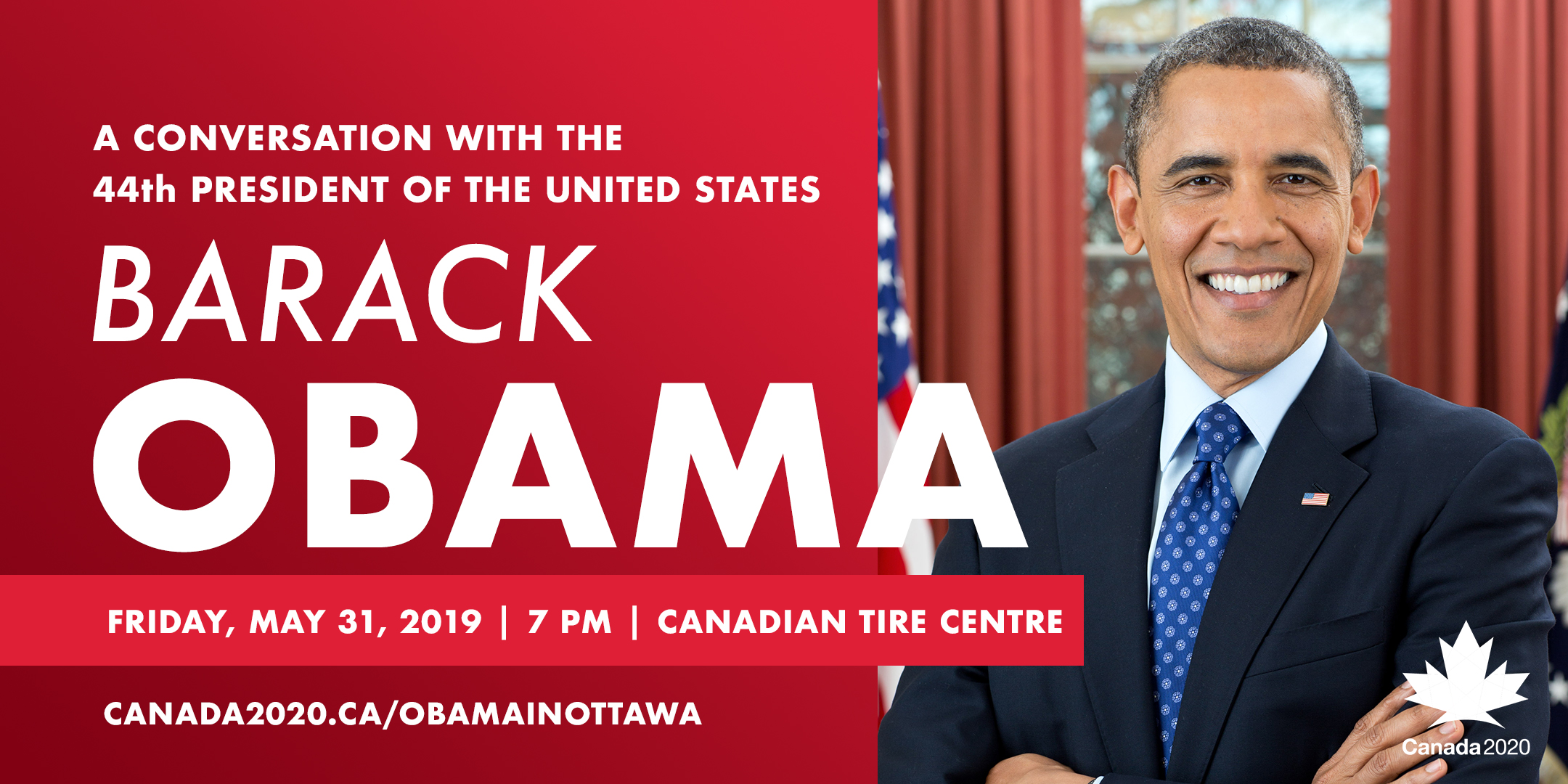

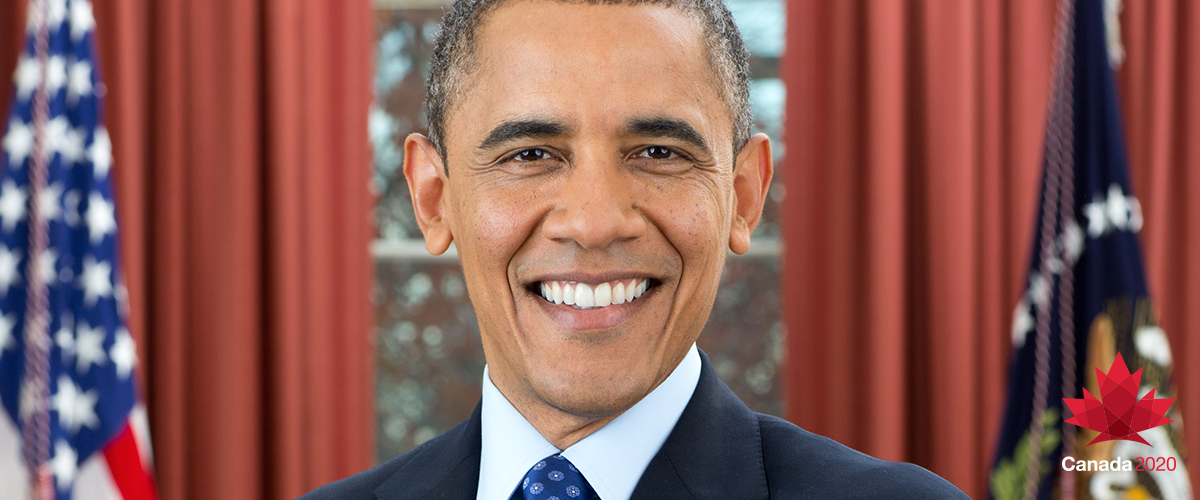

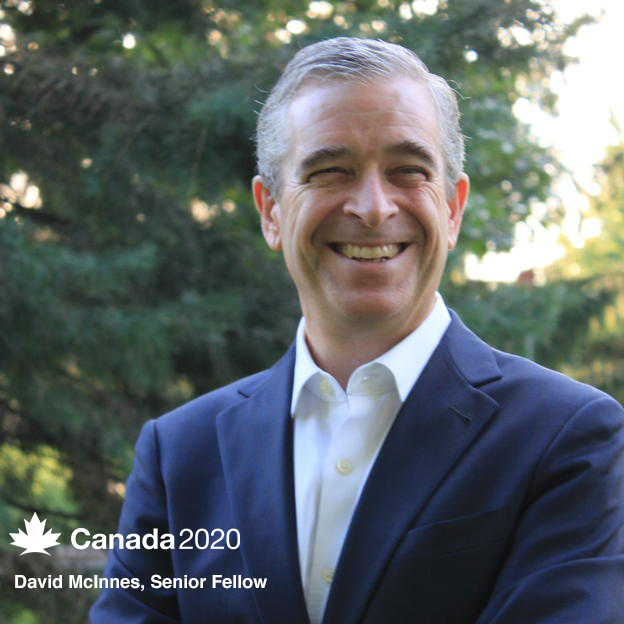
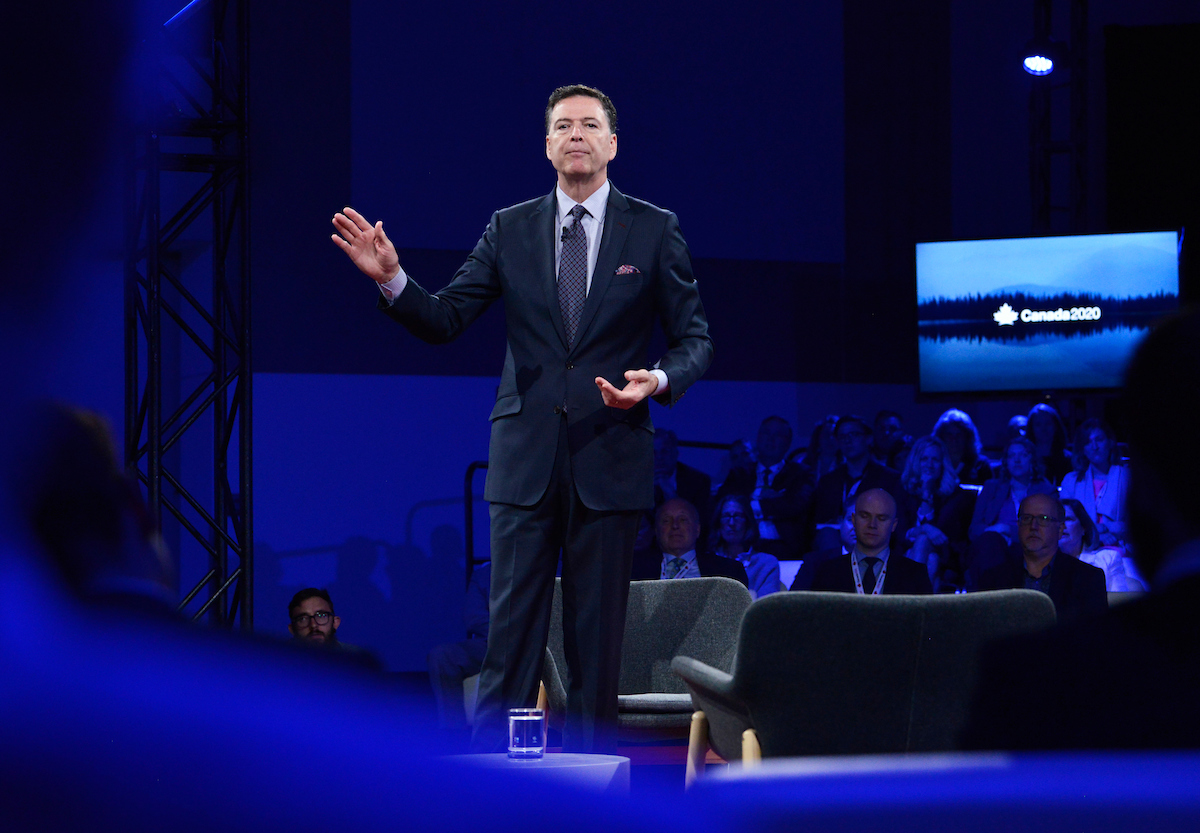
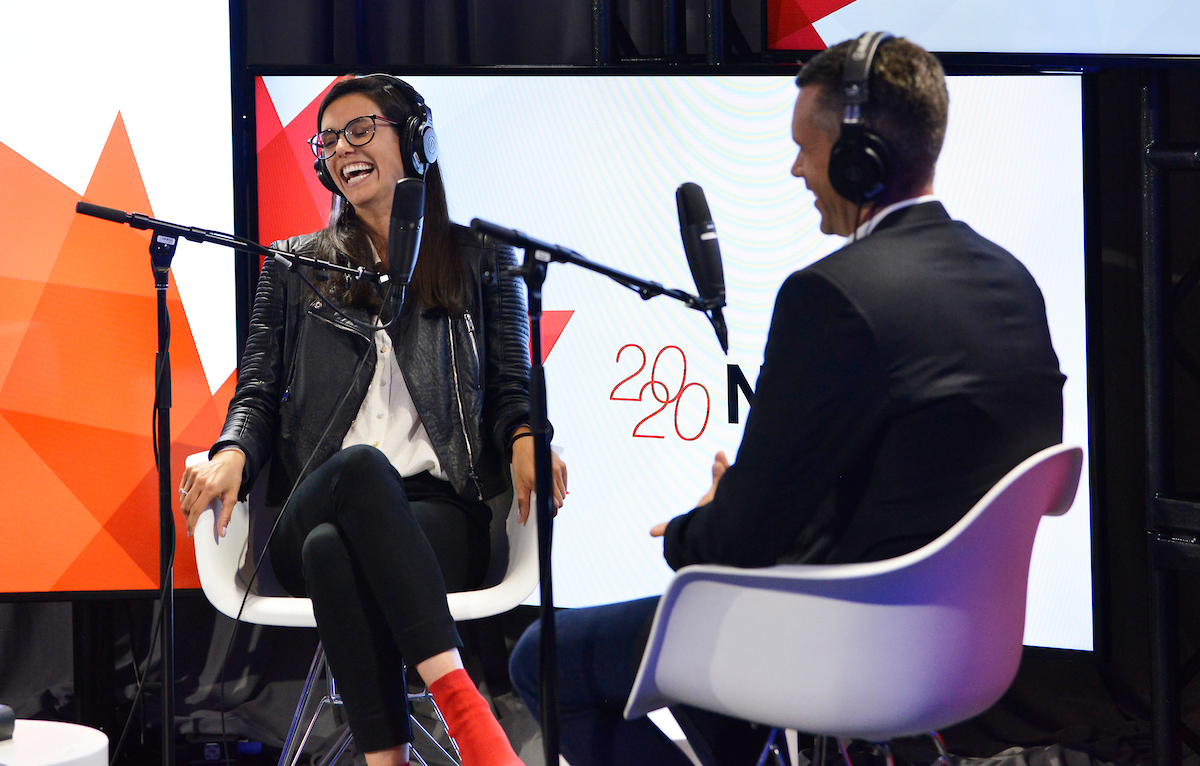
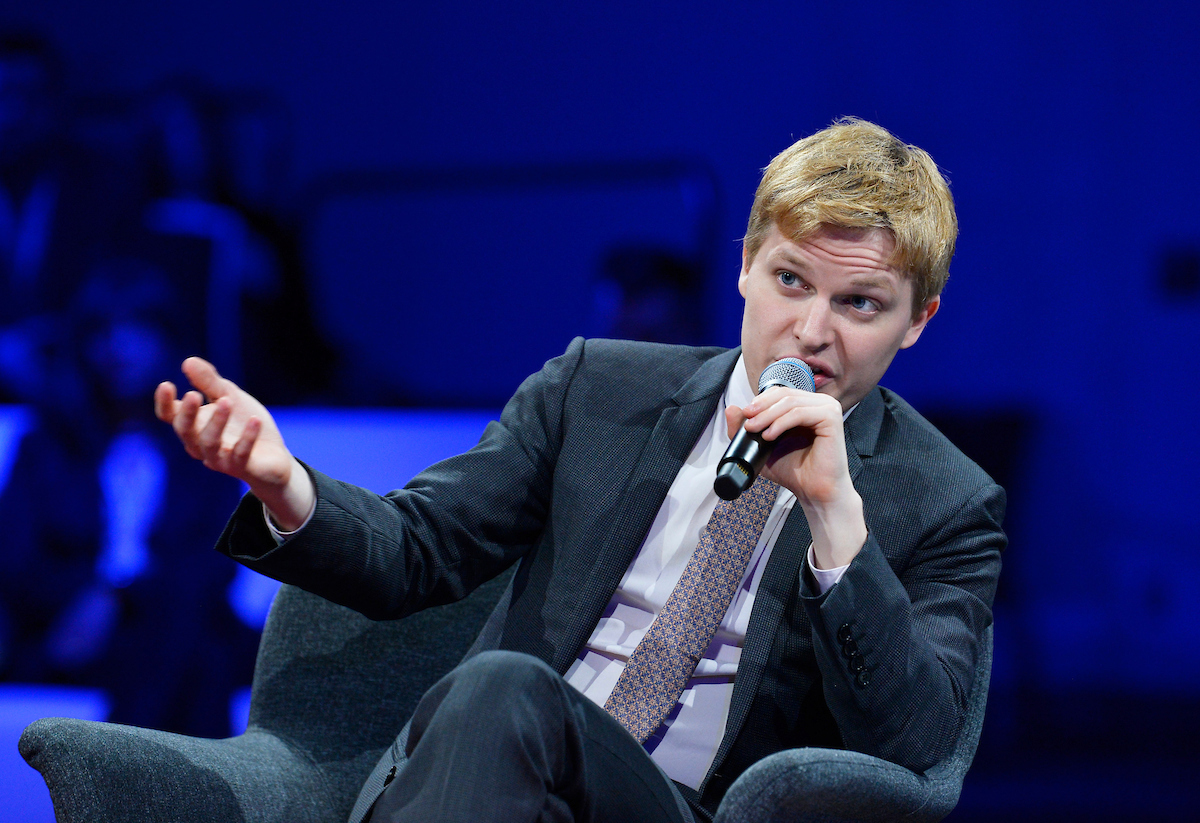
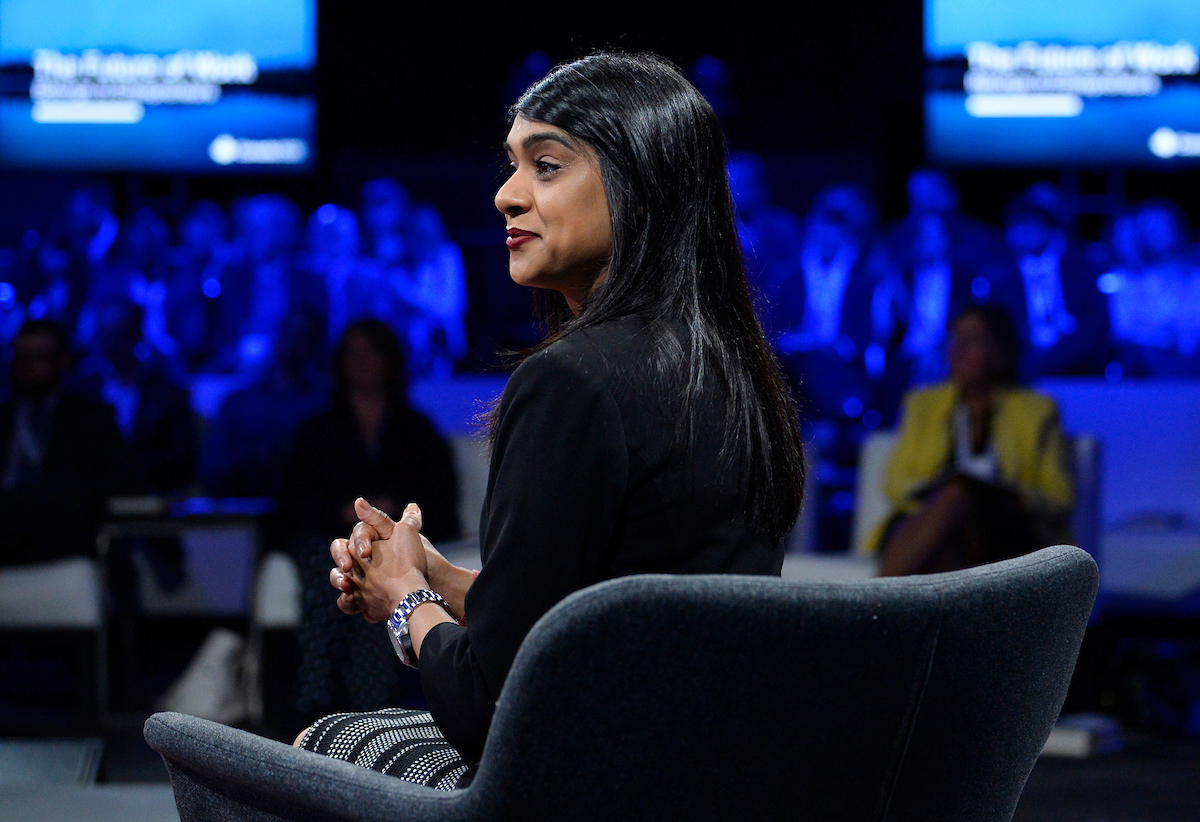
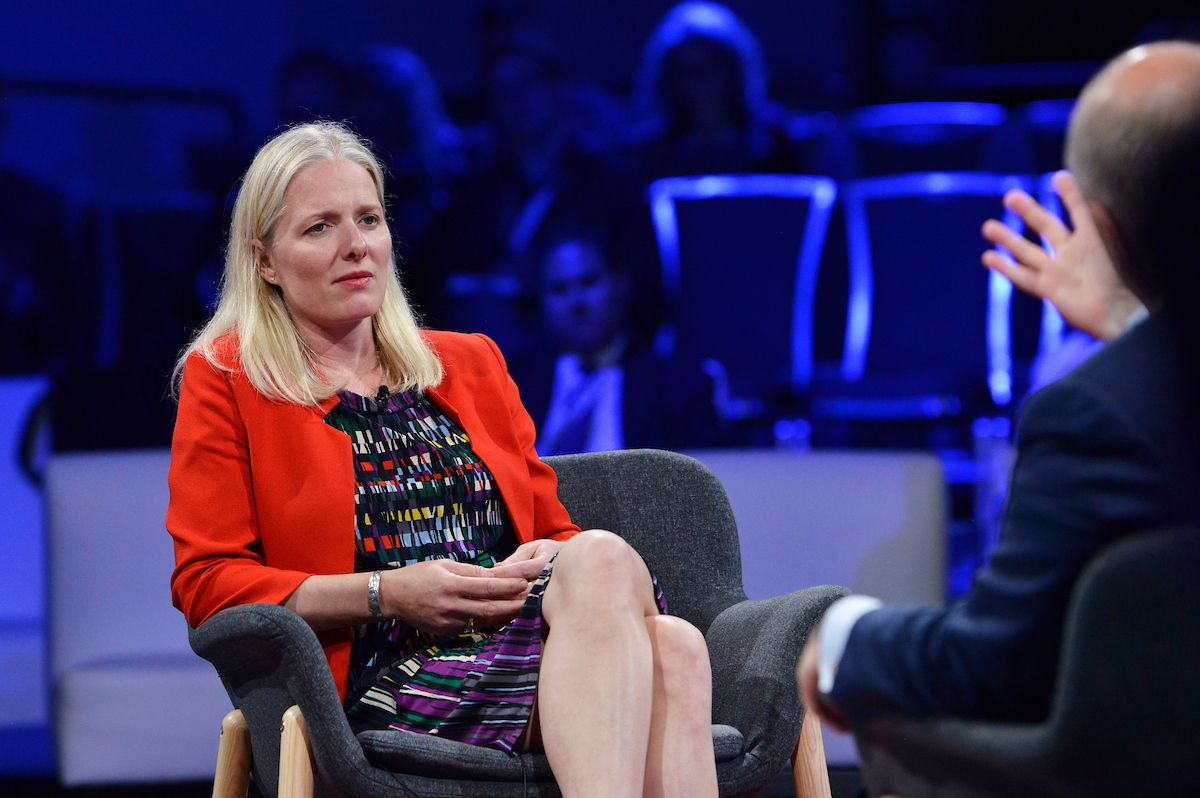
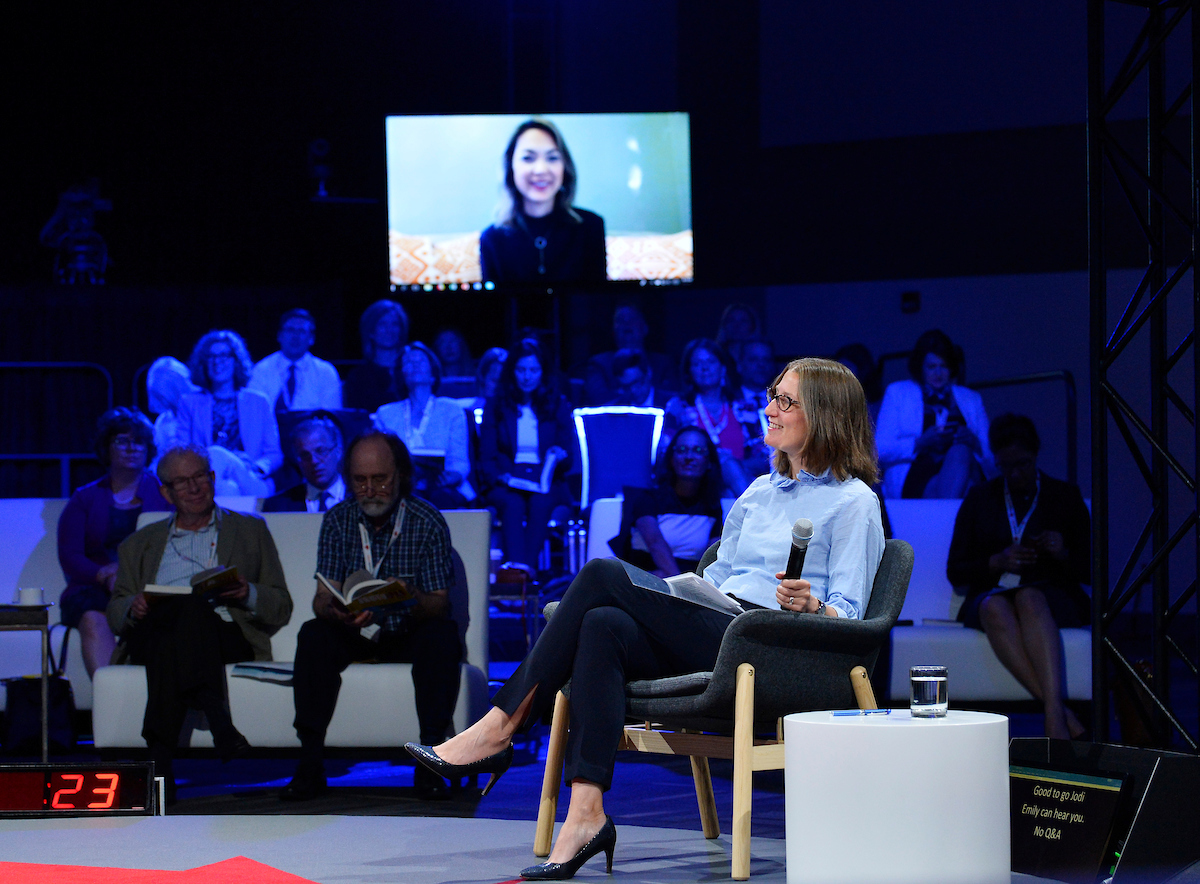
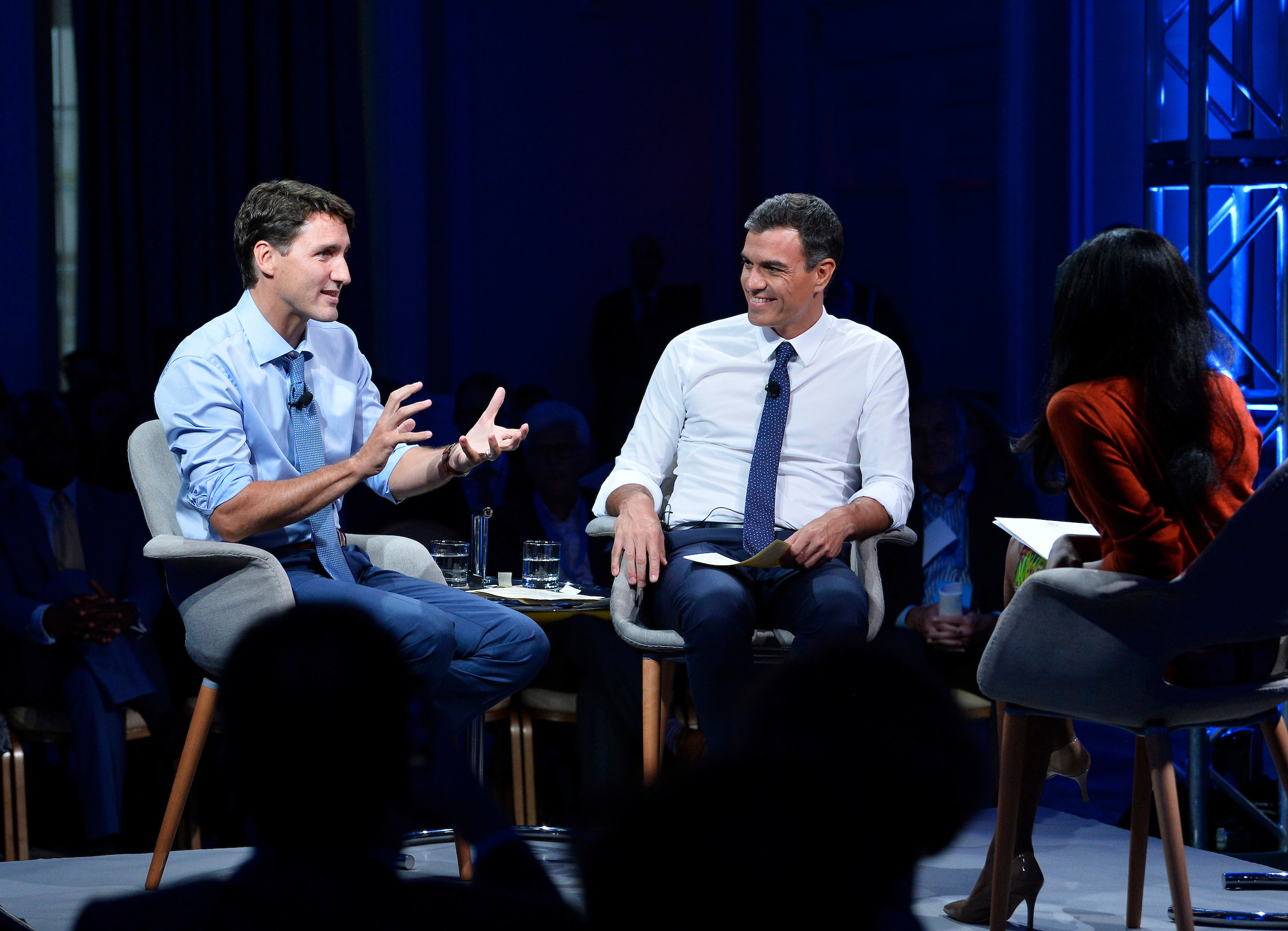
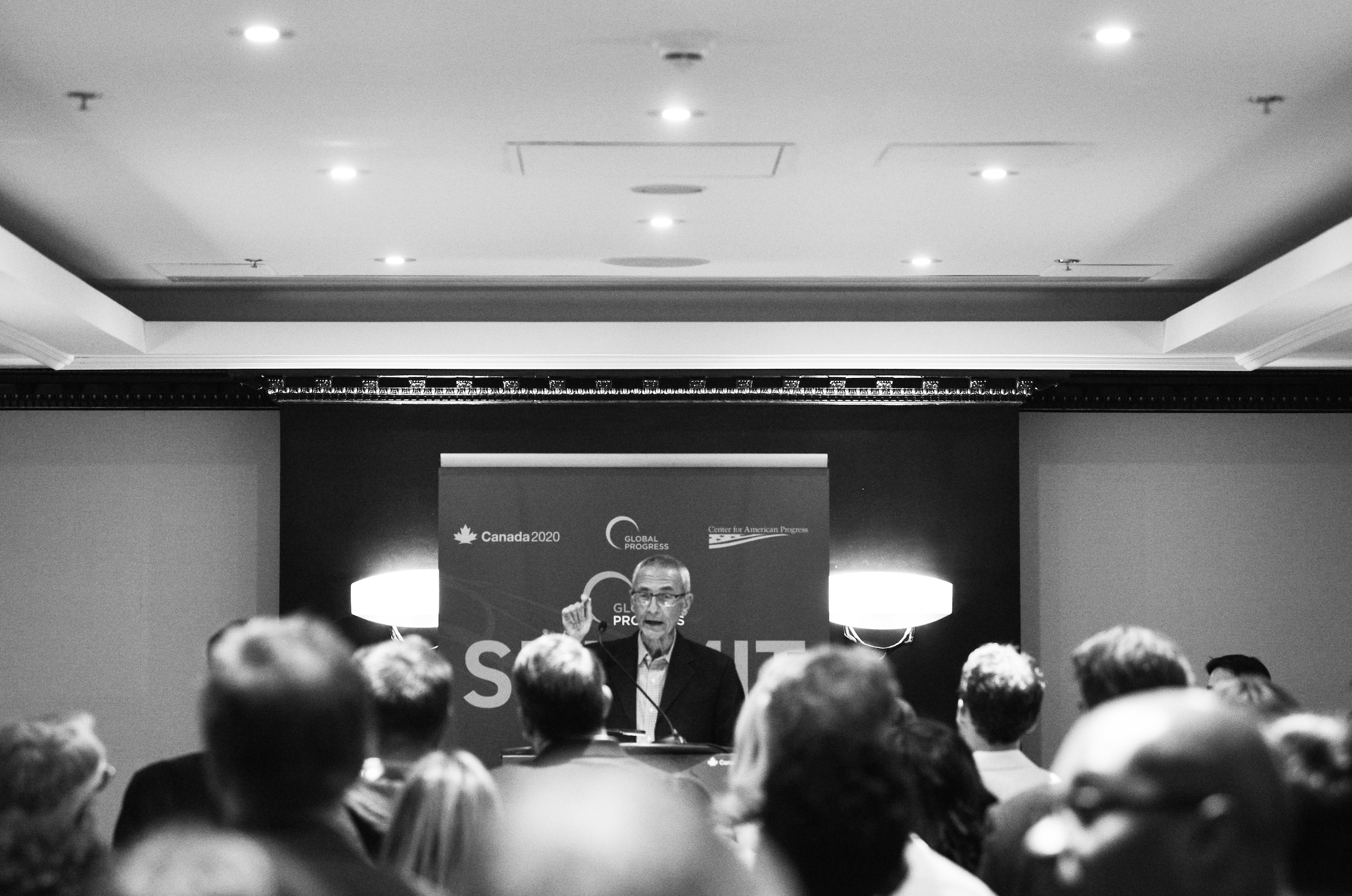
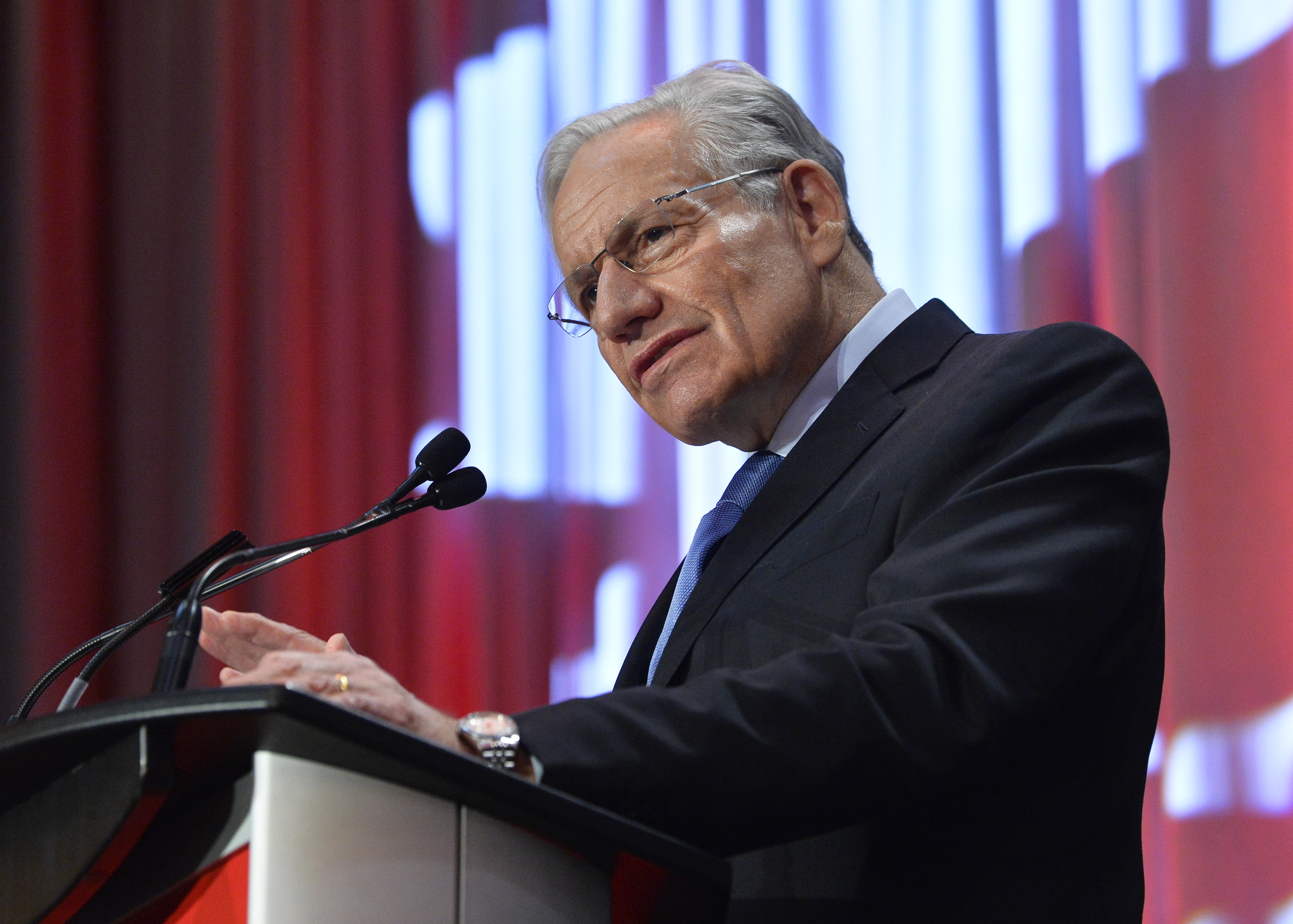
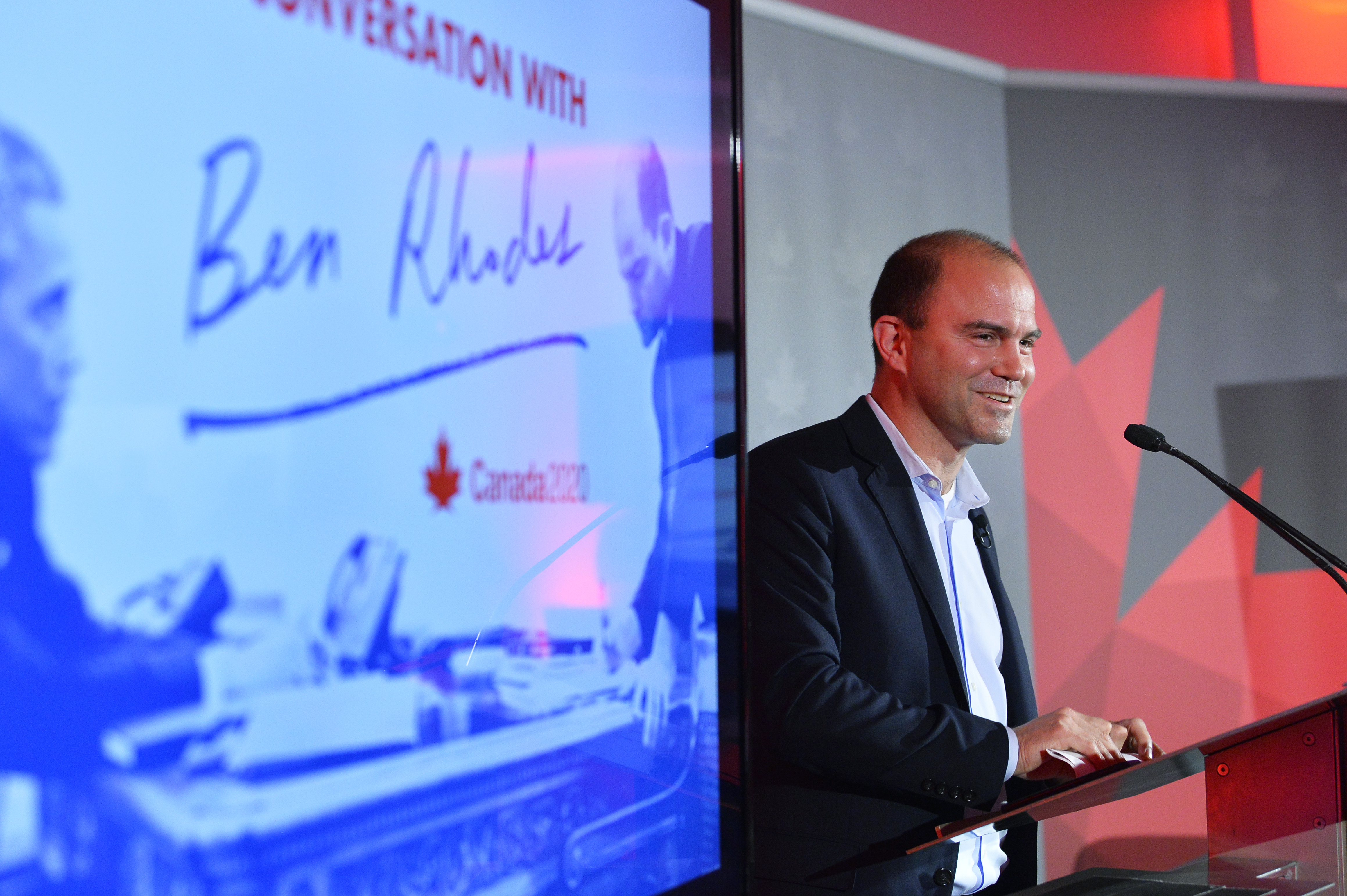
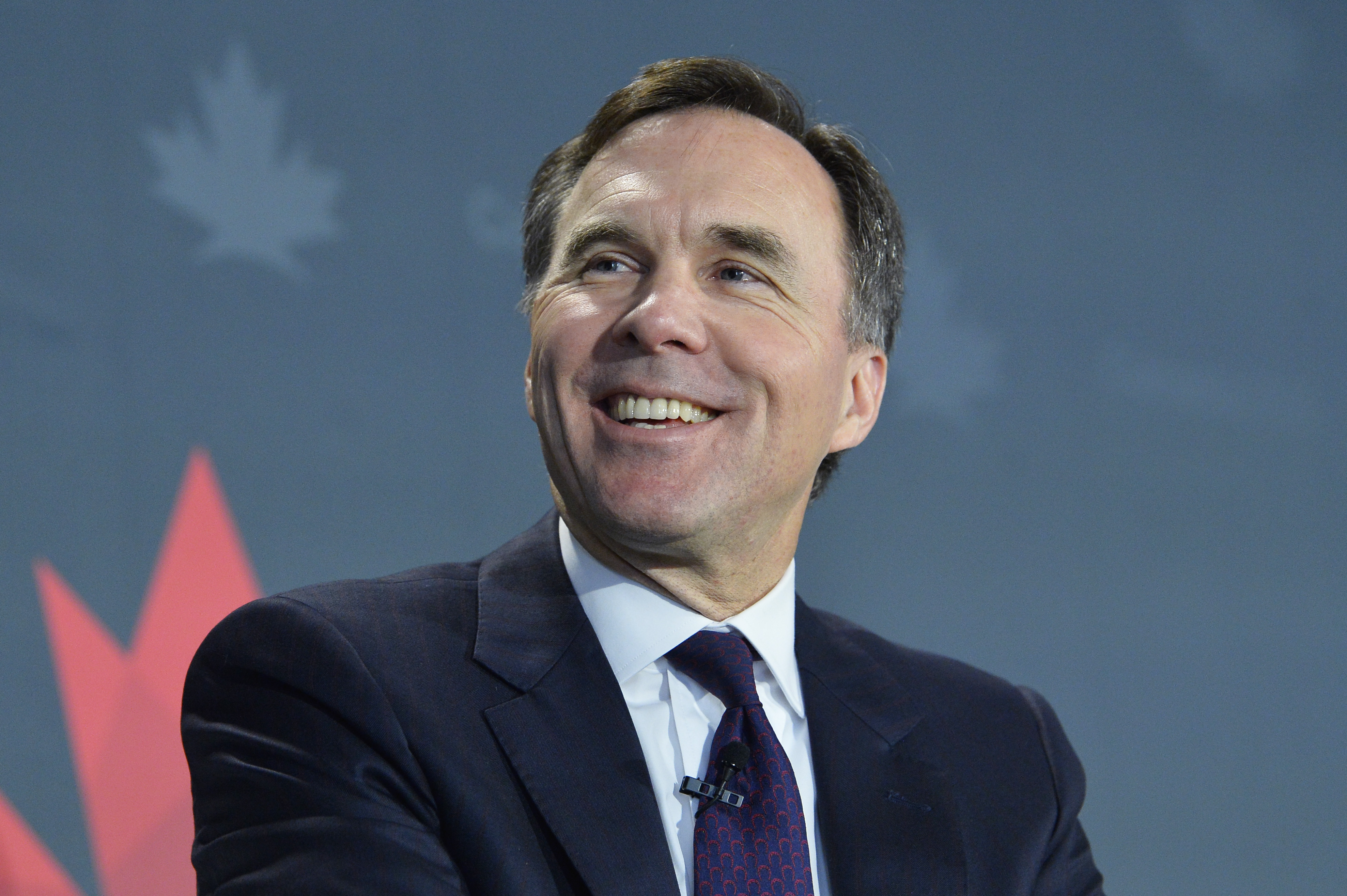
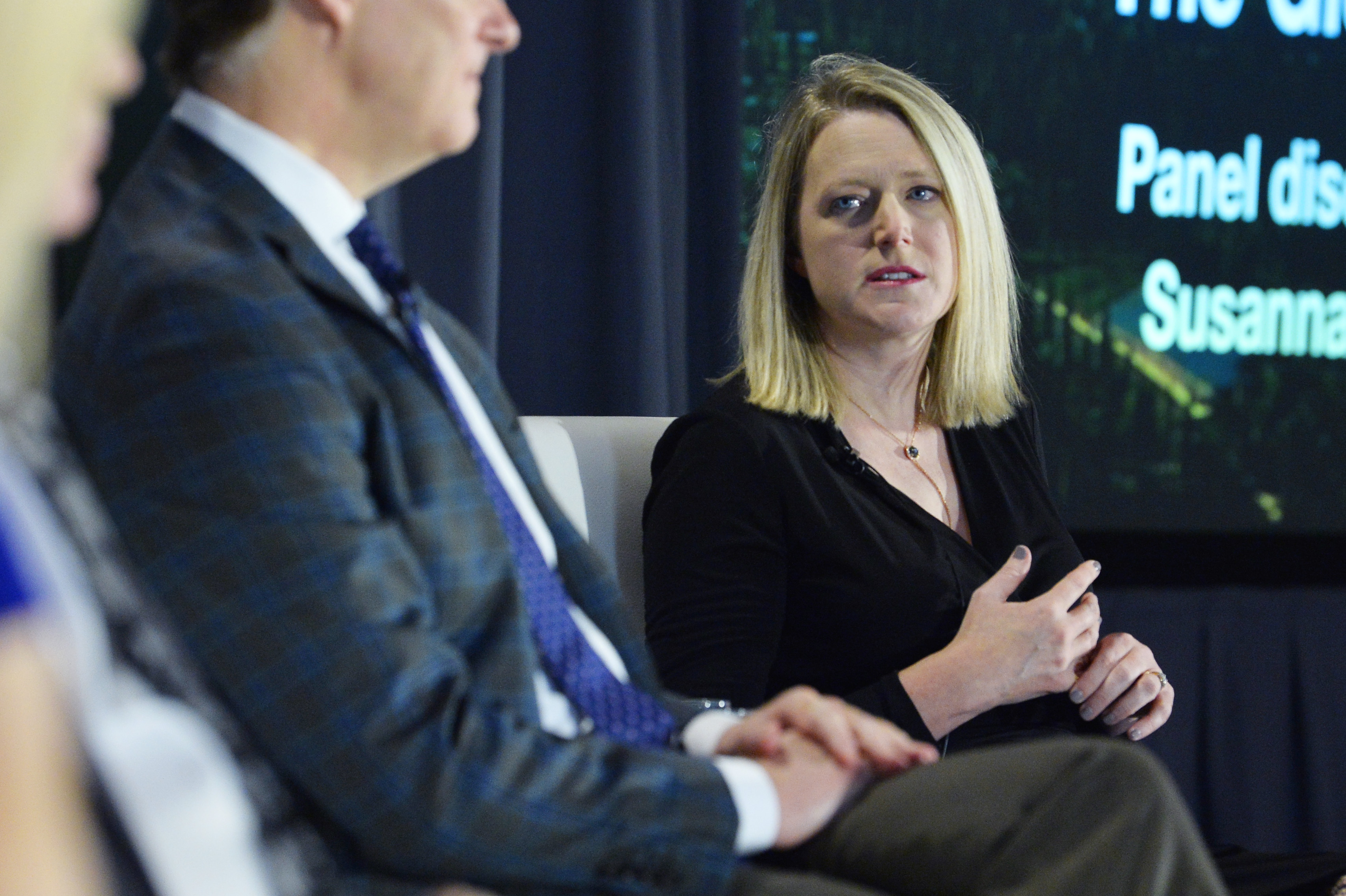
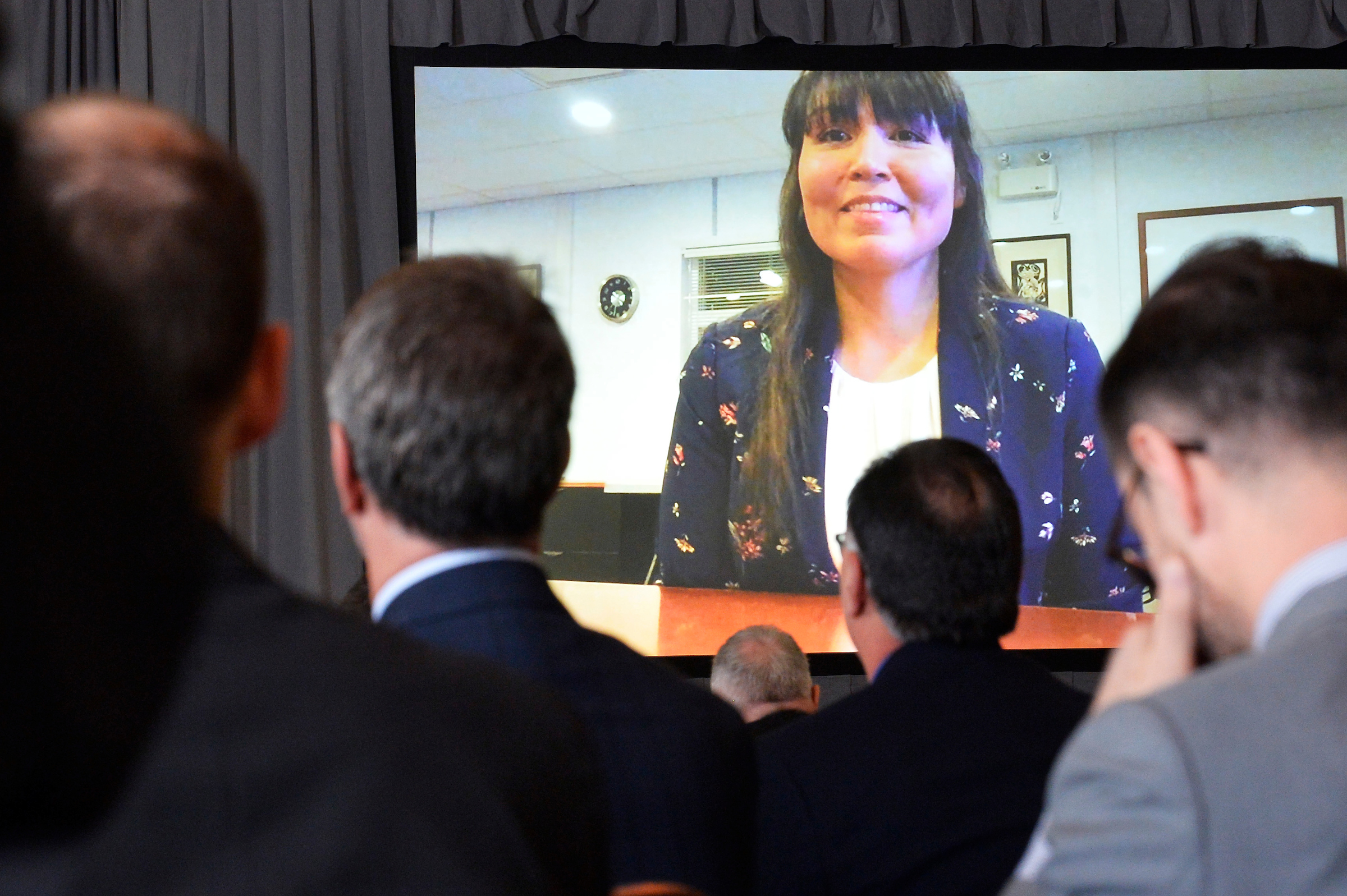
 On December 13th 2018, Canada 2020 hosted Anatomy of a Deal, a conversation about the recent $40 Billion LNG Canada investment – the single-largest private sector investment in Canadian history. This half day conference held in Ottawa brought together an All Star cast of presenters dealing with how this project came to fruition, and the nature of compromises and consultations needed to achieve success.
On December 13th 2018, Canada 2020 hosted Anatomy of a Deal, a conversation about the recent $40 Billion LNG Canada investment – the single-largest private sector investment in Canadian history. This half day conference held in Ottawa brought together an All Star cast of presenters dealing with how this project came to fruition, and the nature of compromises and consultations needed to achieve success.